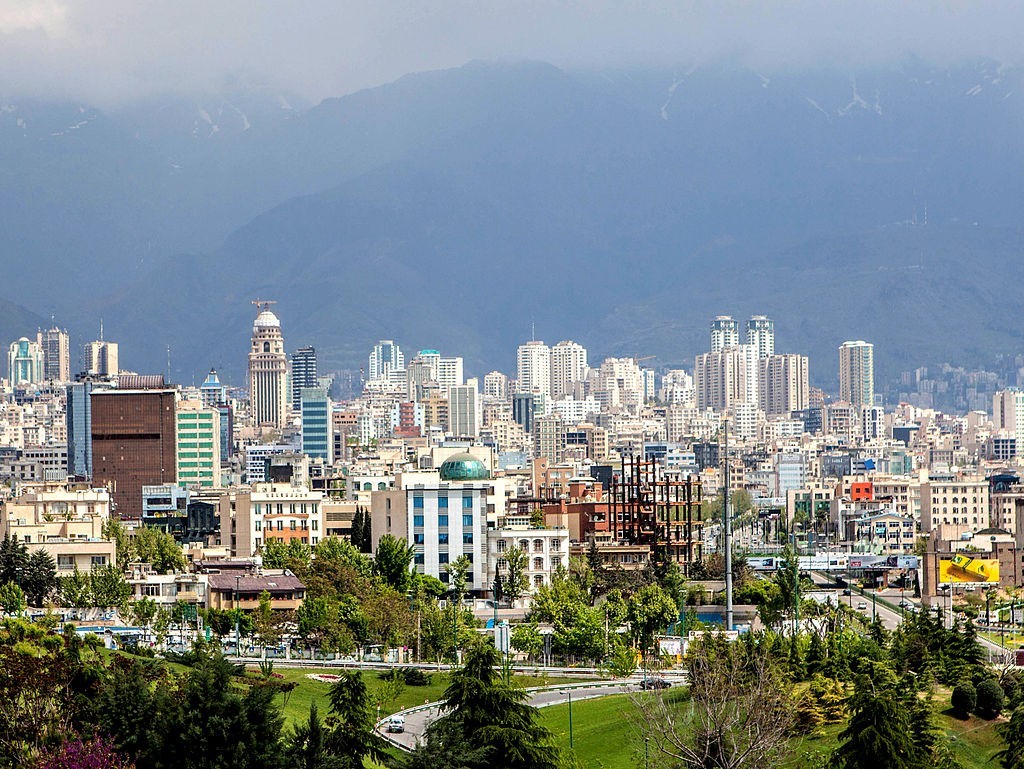
OPEC’s second-largest producer threw an obstacle in the group’s path toward a final deal to stabilize oil markets when Iraq balked at joining efforts to trim output to prop up crude prices.
Iraq should be exempted from cutting production because it’s embroiled in a war with Islamic militants, Oil Minister Jabber Al-Luaibi said Sunday at a news conference in Baghdad. The country currently produces more than 4.7 million barrels a day it pumped in September, and Iraq’s output could rise higher still as the government urges international companies to boost production at its fields, he said. The minister disputed Organization of Petroleum Exporting Countries figures that peg Iraqi output at less than 4.2 million barrels daily.
“We are with OPEC policy and OPEC unity,” Al-Luaibi said. “But this should not be at our expense.” A meeting in Algeria last month of the group’s 14 members stretched to seven hours as Iraq argued over the level of production that should be used as a baseline for setting quotas.
OPEC is trying to woo other producers to join in the group’s first output cuts in eight years, a policy shift that members agreed to last month in Algiers. Crude plunged to a 12-year low in January, hammering the budgets of producers from Venezuela to Saudi Arabia. The price slide led OPEC to abandon its two-year-old Saudi-led policy of allowing members to pump as much as they could in an effort to protect market share.
Russia Demurs
Russia, the biggest prize in OPEC’s quest for support, refused again on Sunday to commit to joining the plan. Russia can’t say yet whether it will freeze or cut output as part of a final accord and is reviewing “many scenarios” to speed the oil market’s recovery, Energy Minister Alexander Novak said after talks with Gulf Arab counterparts in the Saudi capital.
“We see reasons to take steps to balance the market in coming months to bring investments back and reduce volatility,” he said. “We discussed issues related to levels of limiting oil production by Russia and by other countries that may join the agreement, but it’s too early to tell the concrete figures because the process of finalizing positions is going on.”
Like Iraq, Russia is seeking to ramp up output, not tamp it down. Russia is producing about 10.9 million barrels a day on average this year, according to Energy Ministry data. The latest draft of Russia’s energy strategy sees a potential increase in annual production from 534.1 million metric tons last year to 555 million tons, or 11.1 million barrels a day, by 2020.
OPEC pumped a record 33.75 million barrels a day in September, with Saudi Arabia accounting for 10.58 million barrels of the total, according to data compiled by Bloomberg.
Saudi Arabia’s Energy Minister Khalid Al-Falih echoed comments by Russia’s Novak that oil markets are improving. Even so, producers must take further action to speed the recovery, he said in Riyadh.
‘Intense Consultations’
“Oil markets started moving into balance recently, but we in OPEC, along with producers from outside the group, started intense consultations to take the right action to quicken the re-balancing and market recovery,” Al-Falih said in a speech Sunday.
Iraq became the fourth OPEC member — after Iran, Nigeria and Libya — to seek an exemption from output limits. The group aims to decide on individual levels when it meets on Nov. 30 in Vienna.
Iraq asked OPEC during the meetings in Algeria for an exemption from its participation in any cuts, Al-Luaibi said in Baghdad. He cited Iraq’s war against Islamic State as the reason it should be grouped with Iran and Nigeria in being left out of cuts.
Saudi-Led Policy
OPEC adopted a Saudi-led policy in 2014 of allowing members to pump as much as they could to retain market share in the face of increased supply from outside the group. Prices have plunged to about half their 2014 levels, reaching a 12-year low in January as rising sales from OPEC added to new production in countries like the U.S. and Russia. Brent crude, the global benchmark, has climbed about 40 percent this year as OPEC discussed cuts. Prices closed Friday at $51.78 a barrel.
Iraq pumped 4.228 million barrels a day at fields controlled by the federal government, Deputy Oil Minister Fayyad Al-Nima said at the Baghdad news conference. Production at fields operated by the semi-autonomous Kurdish government in northern Iraq stood at 546,000 barrels daily last month, Al-Nima said. Exports totalled 3.871 million barrels a day in September, Falah Al-Amri, the head of the state oil marketing company known as SOMO, said at the conference.
“We have passed 4.7 million barrels a day,” al-Amri said. “We are not going back. It’s a question of sovereignty.”
Recommended for you
